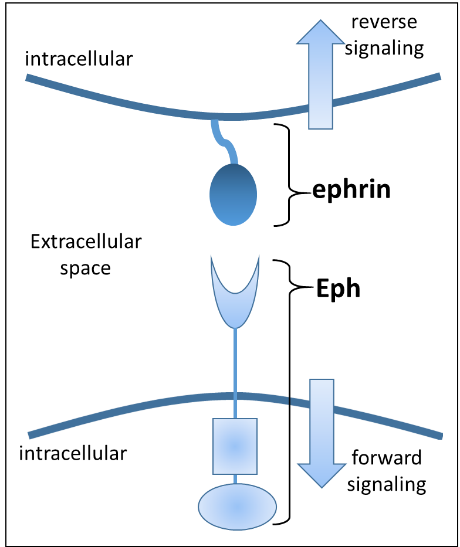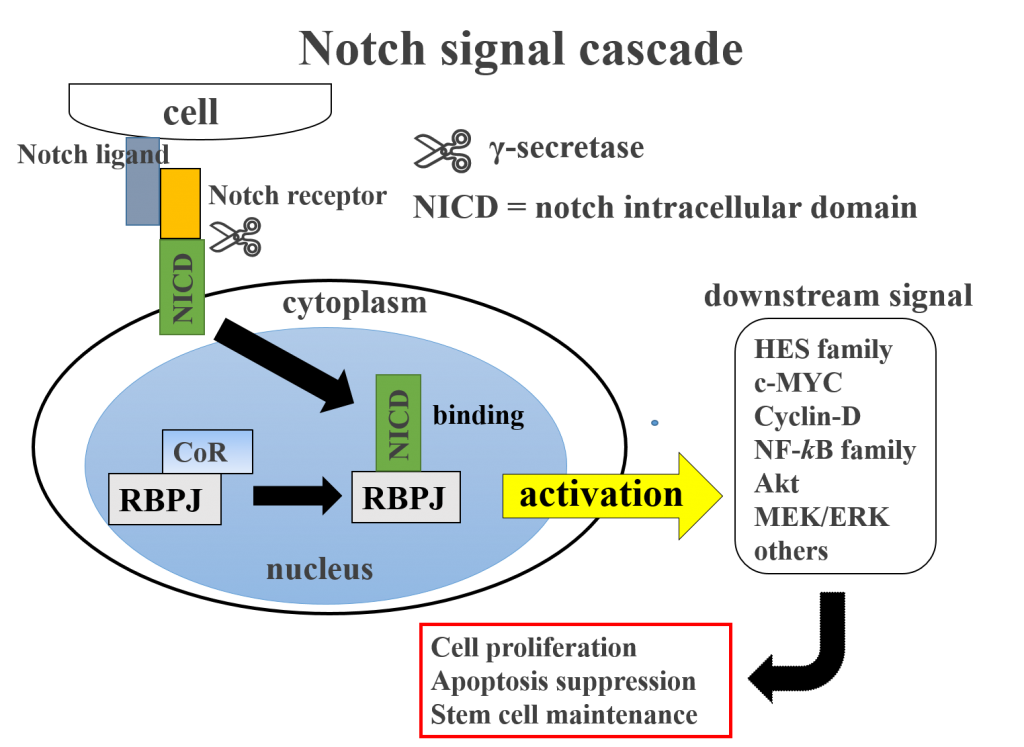Research
Brain Tumor Group
Malignant gliomas (glioblastomas) are a poor prognosis among intracranial tumors. Research is being conducted against this treatment-resistant malignant glioma.
Establishment of a glioma stem cell line
In malignant tumors such as cancer, cancer stem cells have been found to exist. We have established several types of glioma stem cell lines by extracting glioma stem cells from a part of tumors removed from our department. We are developing new therapeutic methods targeting these glioma stem cells and elucidating the mechanism of treatment resistance.
①Search for existing drugs with anti-tumor effects against glioma stem cells
We are collaborating with a group led by Prof. Atsushi Hirao and his colleagues in the Department of Gene and Chromosome Architecture at the Institute for Cancer Research and Development to explore existing drugs with anti-tumor effects against glioma stem cells (drug repositioning). Several drugs have already been identified as candidates for drug repositioning and their potential for clinical application is being investigated.
At present, we are working on two drug candidates.
②Search for new molecularly targeted therapies against glioma stem cells
We believe that control of malignant gliomas requires disrupting cell proliferation, cell invasion and maintenance of stem cell nature. We are exploring the different signals involved in each of these mechanisms. Signal analysis will also be important for analyzing the mechanisms of antitumor effects in drug repositioning.
・Eph receptor/ephrin ligand system in malignant glioma

Eph/ephrin system, a member of the tyrosine kinase family, influences various cellular mechanisms such as cytoskeleton, cell motility and apoptosis in normal cells and plays a central role in embryonic development, including tissue homeostasis. It is a unique molecule that transmits not only ligand-receptor signals (forward signaling) but also signals from the receptor to the ligand (reverse signaling), and is involved in tumorigenesis, invasion, angiogenesis, metastasis, and other malignancies throughout the body, including gliomas. We aim to elucidate the mechanism of the Eph/ephrin system and discover new therapeutic strategies for cancer stem cells.
・Notch signaling in malignant gliomas
Notch signaling is a cell-to-cell communication that is expressed in many organs and plays an important role in maintaining stem cells and regulating the direction of cell differentiation. On the other hand, in solid tumors and blood cancers, including malignant gliomas, mutations and overexpression of signaling proteins are known to occur, and Notch signaling is associated with a large number of signals and is considered to be a target signal for cancer. We are also studying malignant gliomas and Notch signaling.
③Biomarker Search for Malignant Gliomas
Unlike other solid tumors, no blood tumor markers have been identified for glioma. We are studying the blood and spinal fluid of glioma patients for potential biomarker proteins and other markers.

